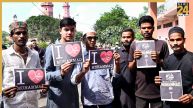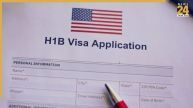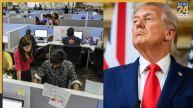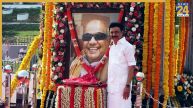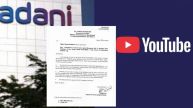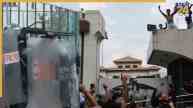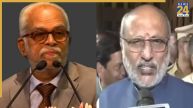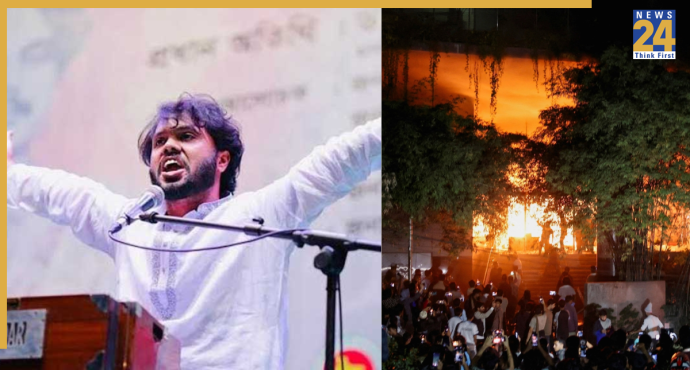By Dr Anup Agarwal
In a world that has grown increasingly interconnected, international organizations play a pivotal role in addressing global challenges, ensuring peace, and safeguarding human well-being. To fulfil their mandates effectively, international bodies must be run professionally and transparently, free from geopolitical or political considerations in the appointment of top officials and decision-making positions.
A major test of the willingness of countries to ensure such professionalism in global bodies will come in early November this year when members of the WHO South East Asia Regional Office (SEARO) meet in New Delhi to nominate the organization’s next Regional Director.
The choice of candidate for this critical post will be based on voting behind closed doors by the organization’s ten member countries, prominent among these being India, Indonesia, Thailand and Bangladesh. So far, there are only two candidates in the fray. Dr Shambhu Acharya, from Nepal, is competing against, Ms. Saima Wazed Hossain from Bangladesh.
A public health veteran, Dr Acharya holds a PhD in public health and has over three decades of experience working with the WHO in various capacities around the world. In his manifesto, Dr Acharya has accorded top priority to health promotion, disease and injury prevention, and planetary health, by addressing their root causes in the WHO SEA Region.
The Bangladeshi candidate, Saima Wazed, a clinical psychologist, has been an adviser to WHO’s Director General on mental health and autism since 2019 but does not have much experience working in public health. Interestingly, Ms Wazed is the daughter of Bangladesh Prime Minister Sheikh Hasina, a fact that has given rise to allegations of nepotism.
Health is a highly technical subject and WHO is the world’s topmost technical body dealing with it. These elections will show whether WHO’s record of professionalism will be breached finally by ambitious politicians. Whatever decision member countries finally take will have major implications for health policies across the WHO South-East Asia Region, home to a quarter of the world’s population.
Given the pivotal role of the WHO in guiding health policies and responding to health emergencies like COVID-19, any failure to choose a competent and experienced candidate for the WHO’s regional office will mean gambling with the fate of millions of lives in the region.
In the aftermath of the COVID-19 pandemic, which resulted in devastating loss of life, and economic repercussions, a high-level committee was established to assess, bolster, and ready the WHO for its intended role. This initiative included recommendations for enhancing the efficiency of WHO’s regional offices and refining the election process for selecting Regional
Directors.
More specifically, the high-level committee stressed the importance of competency and objectives, rather than political considerations, in the appointment of Regional Directors. In its view, an open selection process that rewards candidates based on a blend of technical expertise, managerial aptitude, and political acumen, to prioritize collective health over short-term national interests, would be advantageous.
Since the beginning of this year, a campaign has also been underway demanding that the appointment of leaders and top officials in the WHO should be depoliticized. Early this year, in a letter to the Lancet – the world’s top medical journal – a group of public health experts called for greater transparency in WHO elections, including public debates rather than closed sessions to choose a new Regional Director. They also suggested the creation of an online public platform where short-listed candidates voluntarily share their vision statements, qualifying competencies, and their applications.
Fortunately, both these demands were accepted by the WHO’s Executive Board and implemented for the first time during the elections to the post of Regional Directors at the WHO’s Eastern Mediterranean and South East Asia offices. This is a very welcome development that can only boost the credibility of the WHO in the long run.
However, given past experience, it is still not clear whether voting by WHO SEARO member countries will be based on the merit of the candidates or whether geo-political and business considerations will prevail. If it is the latter it will only mean that no lessons have been learned at all from the dire experience of the Covid-19 pandemic and undermine the ability of the region to
respond effectively to similar threats in the future.
To quote George Bernard Shaw, “Democracy is a device that ensures we shall be governed no better than we deserve”. The election of the new Regional Director for WHO SEARO will reveal what its member governments really think their citizens deserve.
Dr Anup Agarwal is an Assistant Professor of Medicine, at the Georgetown University
School of Medicine in Washington DC
(This is an opinion piece and views expressed here are solely of the author)
Also Read: Unbelievable Love Tale: Mother Raised Stepson, Married And Had Kids With Him



